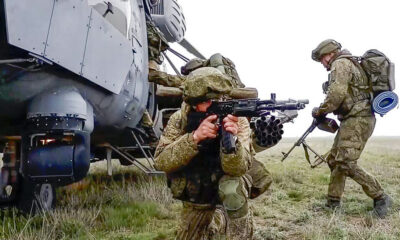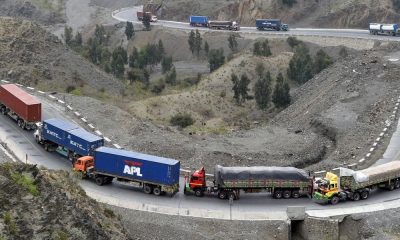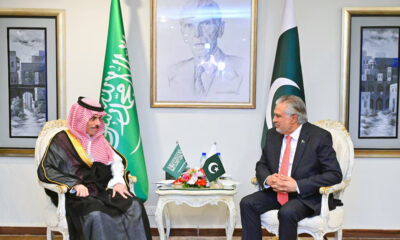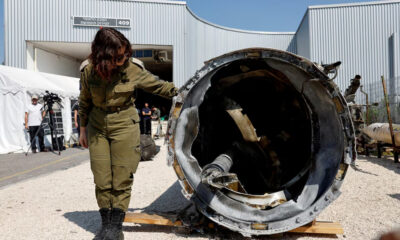Latest News
Ghani, VP Saleh reiterate the need for an Afghanistan republic
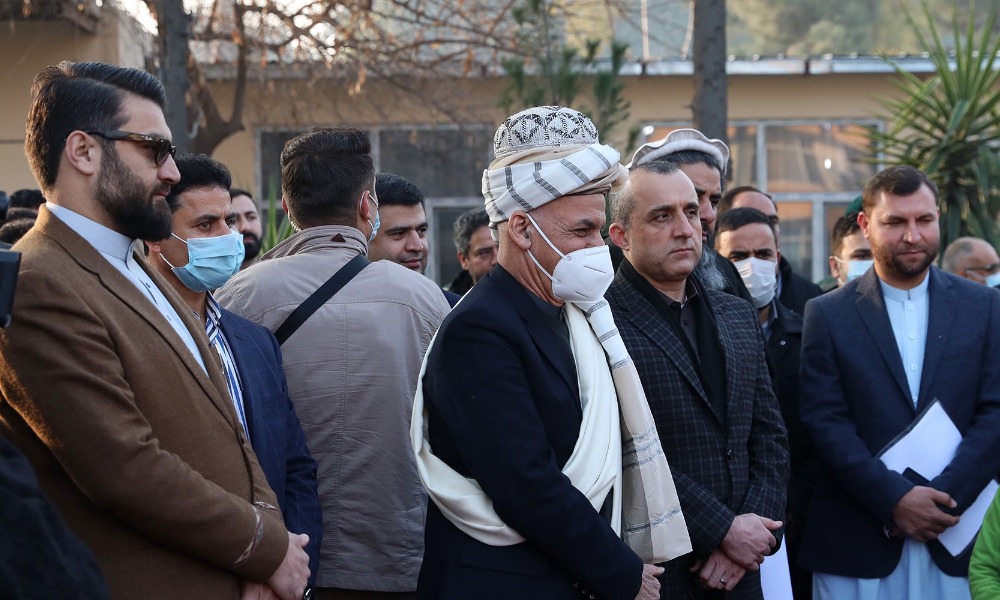
President Ashraf Ghani on Thursday said a republic government was essential for the people of Afghanistan and that peace was crucial.
Speaking during a visit to the eastern province of Nangarhar, Ghani also called on the Taliban to respect the people’s demands.
“The republic system is our joint investment,” Ghani said.
Ghani also instructed the acting minister of education to allocate 4,000 posts for teachers in the province. At the same time, Ghani commemorated the 100th death anniversary of Bacha Khan in the province.
Traveling with him on Thursday was Amrullah Saleh, the first vice president who said that government’s condition in terms of peace is that a republic system is maintained and the election process adhered to.
Saleh however criticized the Taliban for the ongoing killings in the country and accused the group of fighting in Afghanistan for the interests of foreigners.
Saleh said the Taliban are not prepared to end the war in accordance with Islam and then blamed the group for drawing out the peace process.
Their visit meanwhile comes amid a rising call among stakeholders, including the United States, for the establishment of an interim government.
According to sources on Wednesday, Ghani refused to meet with visiting US special envoy Zalmay Khalilzad on Wednesday over this very reason.
Sources stated that Khalilzad was urging a shift to an interim government but that Ghani was dead set against it.
This latest development also comes just a day after peace talks resumed in Doha after a three-week break.
Although a “preliminary meeting” to kickstart the second round of talks late Wednesday in Doha, the teams both stated they will only formally meet again on Saturday.
Latest News
Russia and Tajikistan hold joint military drills along Afghanistan border

Russia and Tajikistan conducted a joint four-day military exercise along the border with Afghanistan in order to be prepared for any “potential threats”, Tajik media reported this week.
Russian military personnel from the 201st military base in Tajikistan participated in this exercise. Reports stated military personnel practiced various combat tactics, especially tactics to counter terrorist groups that illegally enter Tajikistan.
This comes amid repeated concerns expressed by Afghanistan’s neighbors about what they claim are terrorist threats originating from Afghanistan.
The Islamic Emirate has not yet commented on the drills but has repeatedly denied the presence of terrorist groups in the country. The IEA has also continuously said no militant group will be allowed to threaten another country from Afghanistan.
Latest News
Media Violation Commission bans two TV channels

The Media Violations Commission has ordered Noor and Barya TV channels to stop broadcasting and to appear in court, state-run Bakhtar News Agency reported on Tuesday.
ّIt is said that the decision against the channels was taken for “not observing the principles of journalism.”
Latest News
Hekmatyar slams US for ‘occupying’ Afghanistan’s airspace
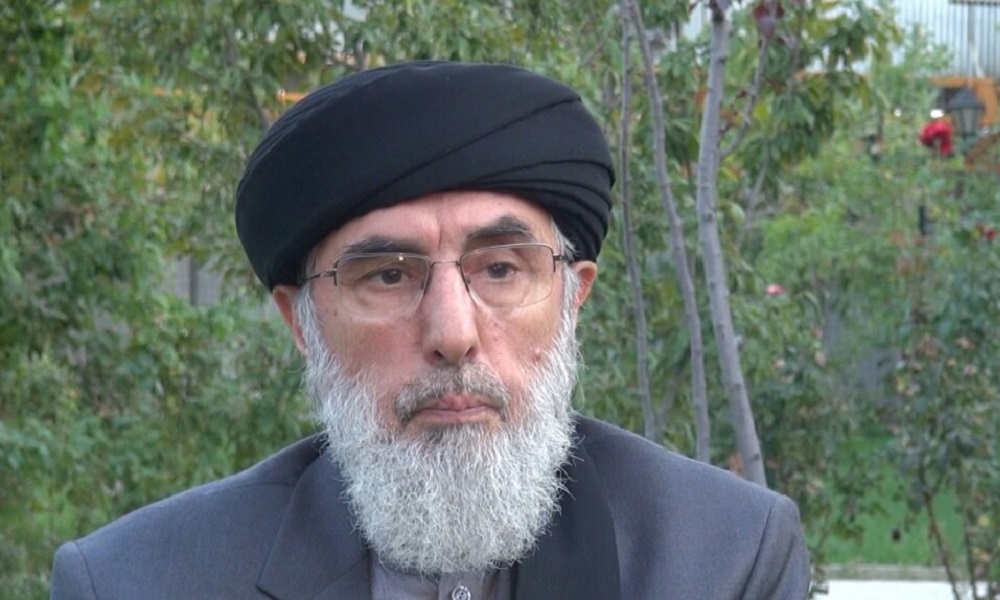
Former Jihadi leader Gulbuddin Hekmatyar has criticized the United States for patrolling Afghanistan’s airspace with drones.
Hekmatyar said in a speech Tuesday that any form of American presence in Afghanistan is unacceptable.
“Afghanistan’s airspace is under occupation. Expressing this issue is our religious responsibility. We have sacrificed the most for freedom. We do not accept any presence of America. We do not accept any kind of foreign rule,” he said.
Hekmatyar also stated that there is a possibility of American troops entering the country again.
“[Former] President Trump’s national security advisor says that their departure was a mistake and that they should return. This is not an ordinary issue. The possibility that they will make a mistake again and return to Afghanistan is very strong,” he said.
The Islamic Emirate has not commented so far on Hekmatyar’s remarks, but it has confirmed sightings of drones over Afghanistan.
“It is required that the respected officials of the caretaker government give explanations on this matter and respond to the concerns of the Afghan people in this matter, because important and great national issues are important for every Afghan citizen and if there is a problem, it will be a cause of concern for everyone,” said Fazl-ul-Hadi Wazin, a university lecturer.
-
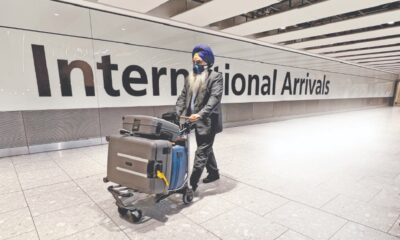
 Regional4 days ago
Regional4 days agoIndian foreign ministry advises against travel to Iran, Israel
-

 Latest News4 days ago
Latest News4 days agoLightning strikes in Helmand kill one, injure three
-

 Latest News4 days ago
Latest News4 days agoTop former US general claims Daesh-Khorasan is ‘on the upswing’
-
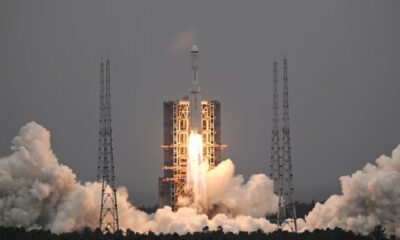
 Science & Technology5 days ago
Science & Technology5 days agoChina launch of relay satellite Queqiao-2 for lunar probe mission successful
-
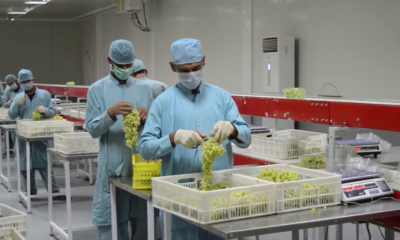
 Business4 days ago
Business4 days agoAfghanistan reaches self-sufficiency in production of 133 items: MoIC
-

 Health4 days ago
Health4 days agoMajority of Afghans with mental disorders are women: officials
-

 Sport3 days ago
Sport3 days agoACL draw to be broadcast live on ATN channels
-

 Regional3 days ago
Regional3 days agoIRGC chief warns of harsher response if Israel attacks Iran


